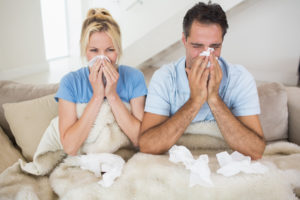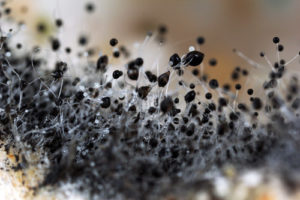Why Does Mold Love to Grow in Unheated Houses or Condos?

Here are the Tell-Tale Symptoms of Chronic Mold Exposure, be on the Lookout!
Why does mold love to grow in unheated homes and condos? The NYC mold removal experts at Stern Environmental treat a lot of mold issues resulting from this scenario, and we’re here to explain why.
Temperature & Humidity Fluctuations
Although humidity levels are lower in chilly winter weather, certain conditions make your home a breeding ground for mold. One reason for this is the difference between indoor and outdoor temperatures. When a cold snap is followed by warmer, more humid weather, condensation forms when warm humid air contacts cold surfaces.
Leaks
Moisture from the bath or kitchen, or that permeates the house from the crawlspace or through leaks around windows and doors, can build up in your home, leading to ideal mold-growth conditions.
Omnipresent Food
Mold can feed on any organic material, from leftover crumbs on the counter to clothing, upholstery, and even furniture. When mold spores, which are everywhere, land on these materials, they set up residence.
What Does that Have to Do with Not Having a Heating System?
Heating and cooling systems do two things to control mold in your home:
1. They increase circulation to prevent moisture from appearing on your walls.
2. They reduce humidity levels in your home as part of their normal operation.
Without the circulation and dehumidification provided by a home air conditioning system, it’s easy for mold to quickly get out of control.
Give mold the boot. Take back your home with the help of the NYC mold removal experts at Stern Mold today.


